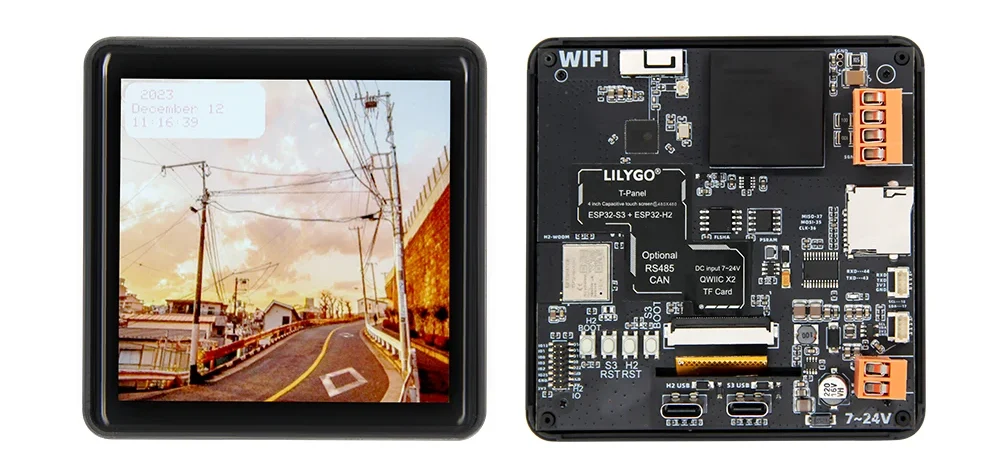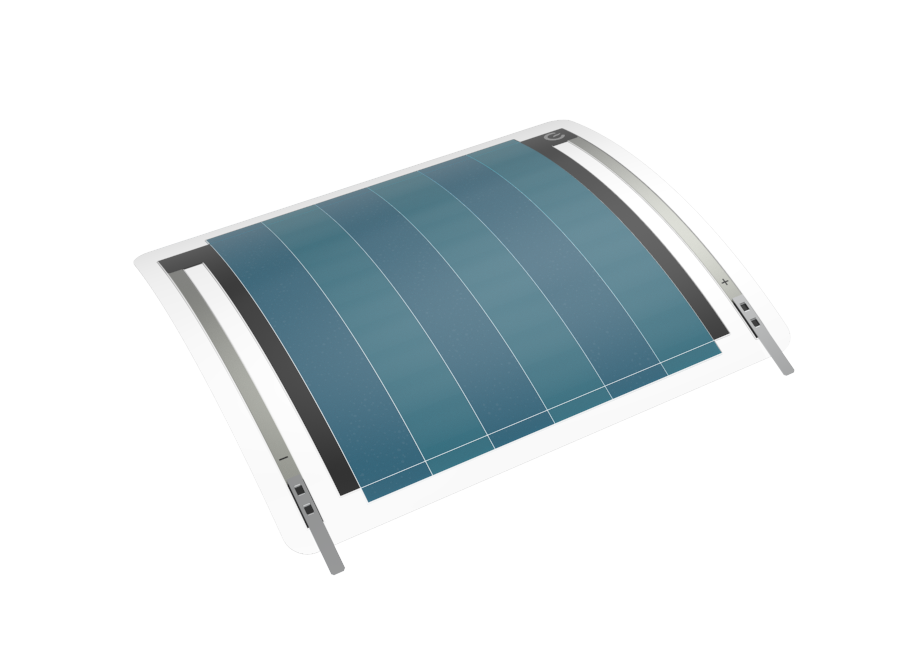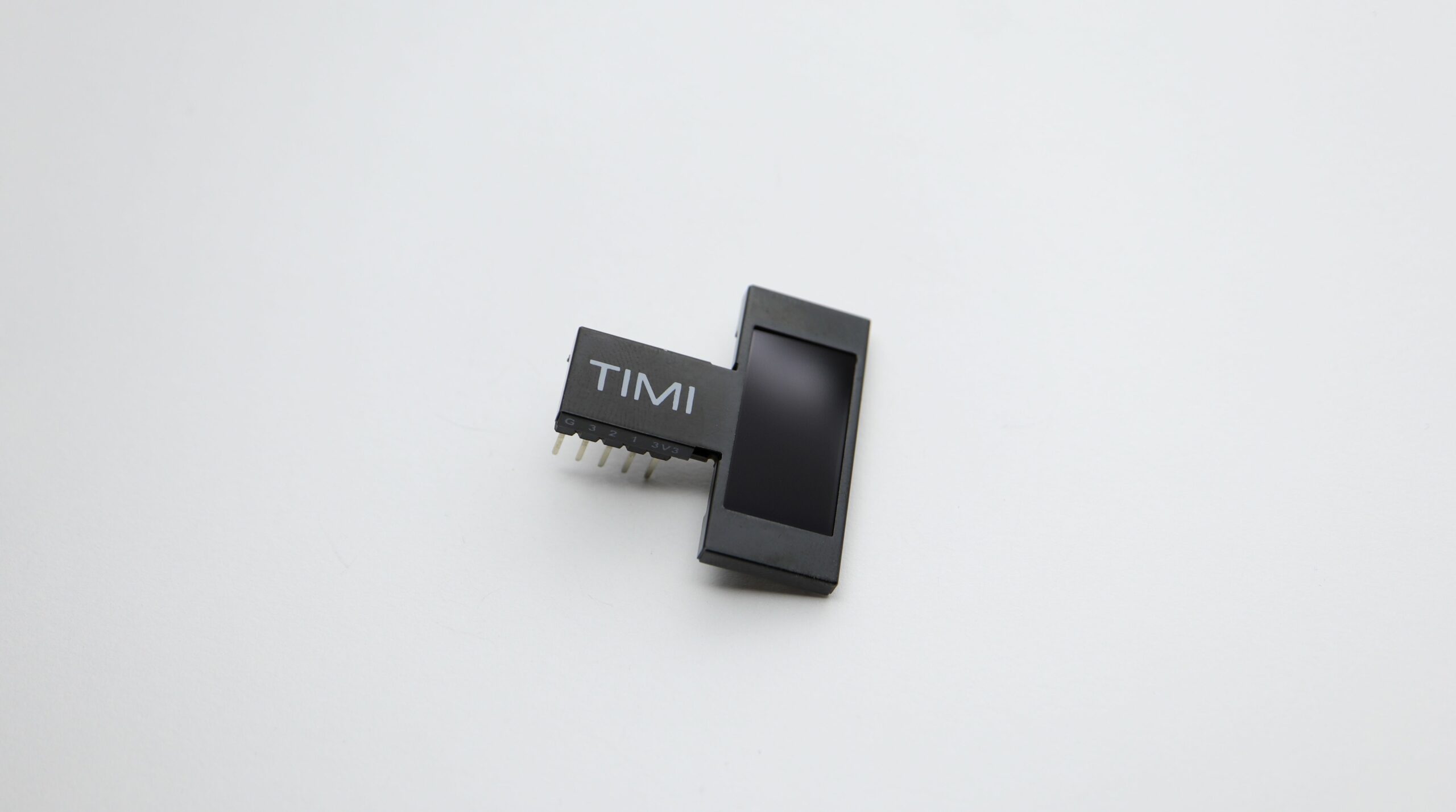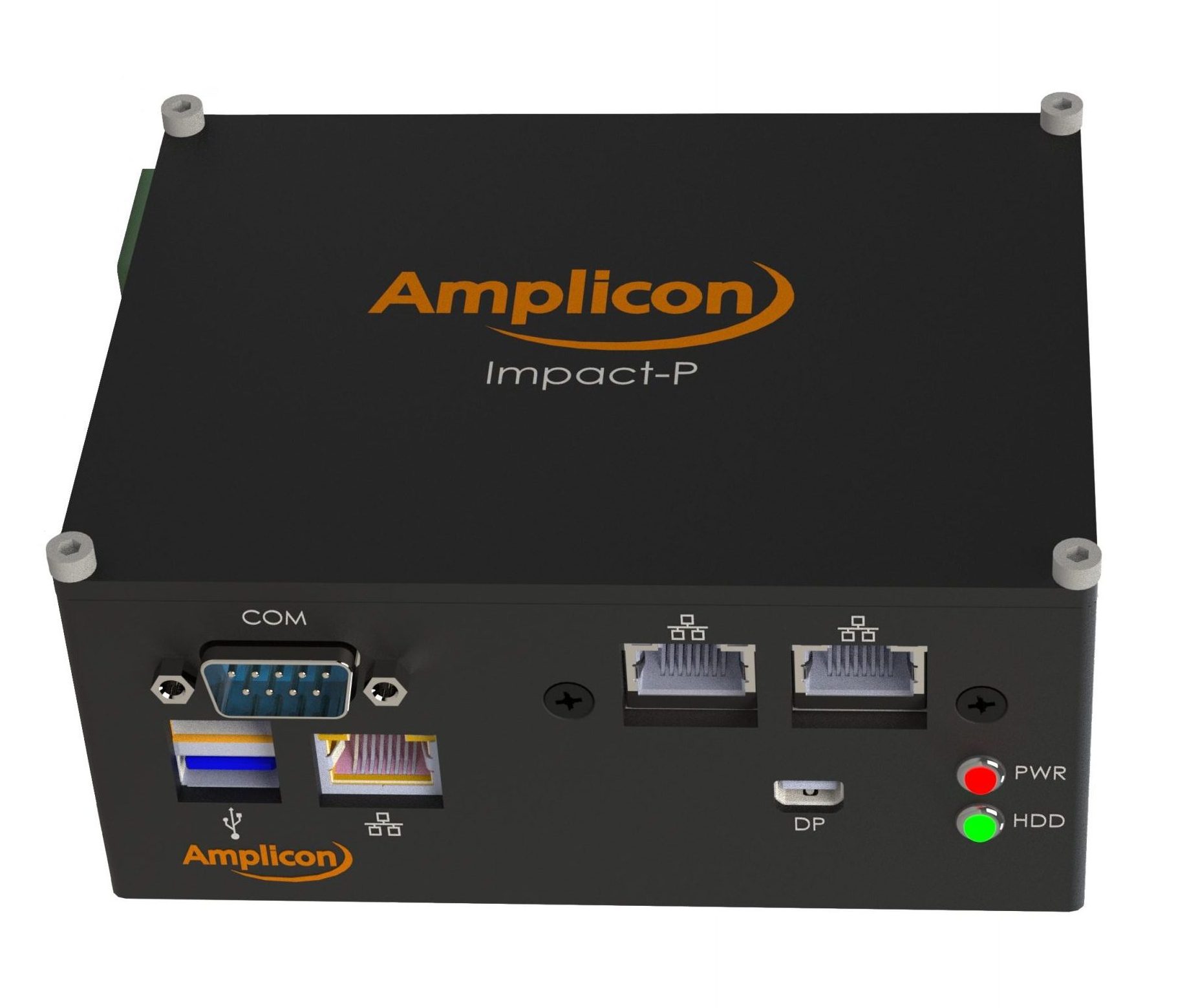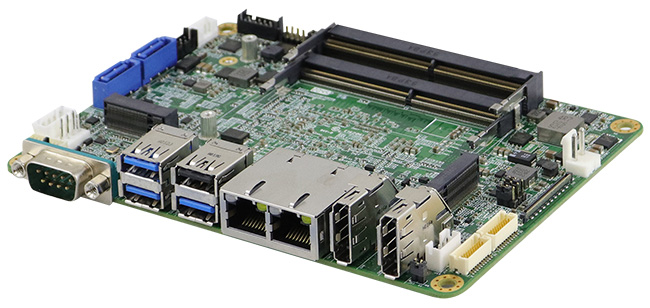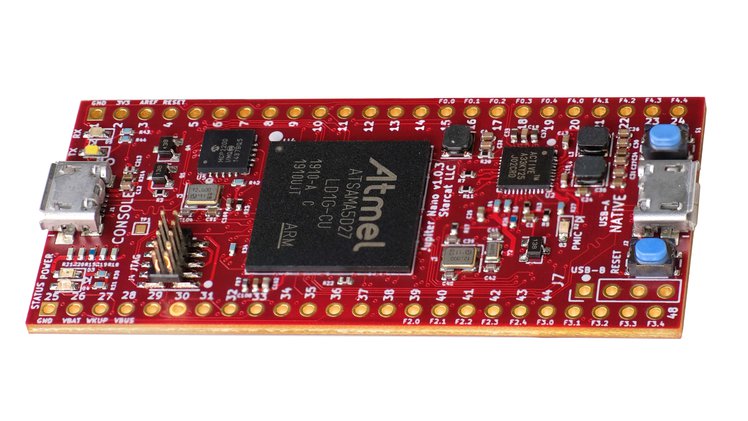
Meet the Jupiter Nano, The Tiny, high-performance computer that runs Linux, and the NuttX RTOS
Over the past year since its launch, we’ve seen several interesting projects come out of the Microchip Get Launched program. The latest, which according to Crowd supply, will be hitting the crowdfunding campaign site soon, is the Jupiter Nano.
A tiny, Open-Source, high-performance development board, capable of running a Linux based OS or the NuttX real-time OS, the Jupiter Nano features the Microchip SAMA5D27C-LD1G Cortex A5 processor packed into a 1.125″ x 2.5″ teensy-like form factor with 48 GPIO pins.
Coming with 10x the power of the Arduino due, the Jupiter Nano was designed to be a perfect replacement for Arduino users who need a tiny, powerful computer with more CPU power, lots of RAM, and the ability to deploy an internet-connected real-time operating system like the NuttX.
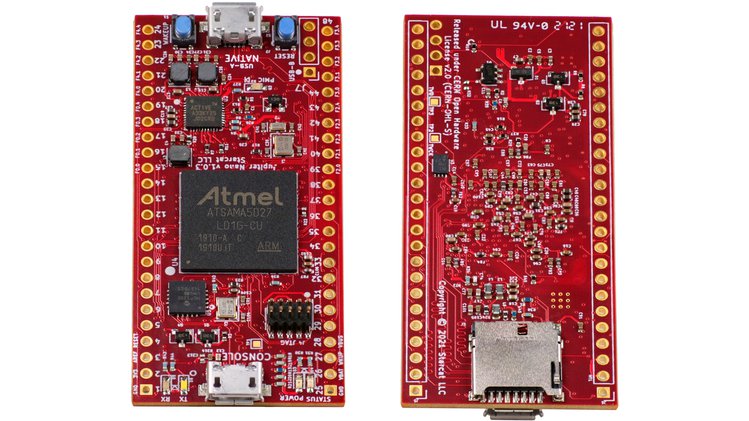
To expand its offerings and open doors to Linux-based users, the board also supports Linux-based operating systems, with lots of I/O and high-speed Wi-Fi.
Some of the highlight features and specifications of the new board as listed on its crowd supply page includes:
- Microchip SAMA5D27C-LD1G Cortex A5 Processor running at 498 Mhz
- AP Memory AD2100XXX 128 M x 32 LPDDR2 DRAM chip integrated into system-in-package (SIP)
- NuttX RTOS or Linux
- Tiny 48-pin form factor (1.125″ x 2.5″, similar in size to Teensy 4.1)
- Key peripherals use DMA (USB, SPI, I2C, Flexcom)
- JTAG port for programming and debugging
- USB 2.0 HS port on USB-micro B jack (Port A, 480 Mbps, host or device)
- USB 2.0 HS port on a pin-header connection (Port B, 480 Mbps, host only)
- USB 2.0 FS Debug console port on USB-micro B jack (12 Mbps)
- SD Card slot – 50 MHz DDR – device boots from the card (this means it is impossible to brick the device)
- Native SPI and I2C ports
- 4 FLEXCOMs on I/O pins – flexible serial controller peripherals that can be SPI, UART, or I2C
- Qorvo ACT8945A with integrated LiPo battery charging capability
- Compatible with many LiPo Batteries
- Open Source Hardware with all design files (KiCAD) available.
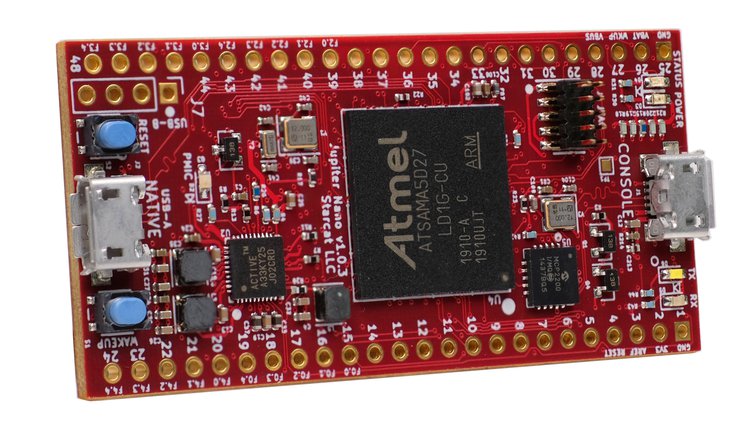
According to the project page, the board is totally open source and all files, including PCB Design files, schematics, and software will be made available on Github once the project achieves its funding goals.
There is no price information yet, but this definitely will be available as soon as the crowdfunding campaign begins.
To learn more about the project, the features of the board, and signup to be notified when the campaign begins, you can visit the project’s page on CrowdSupply.





